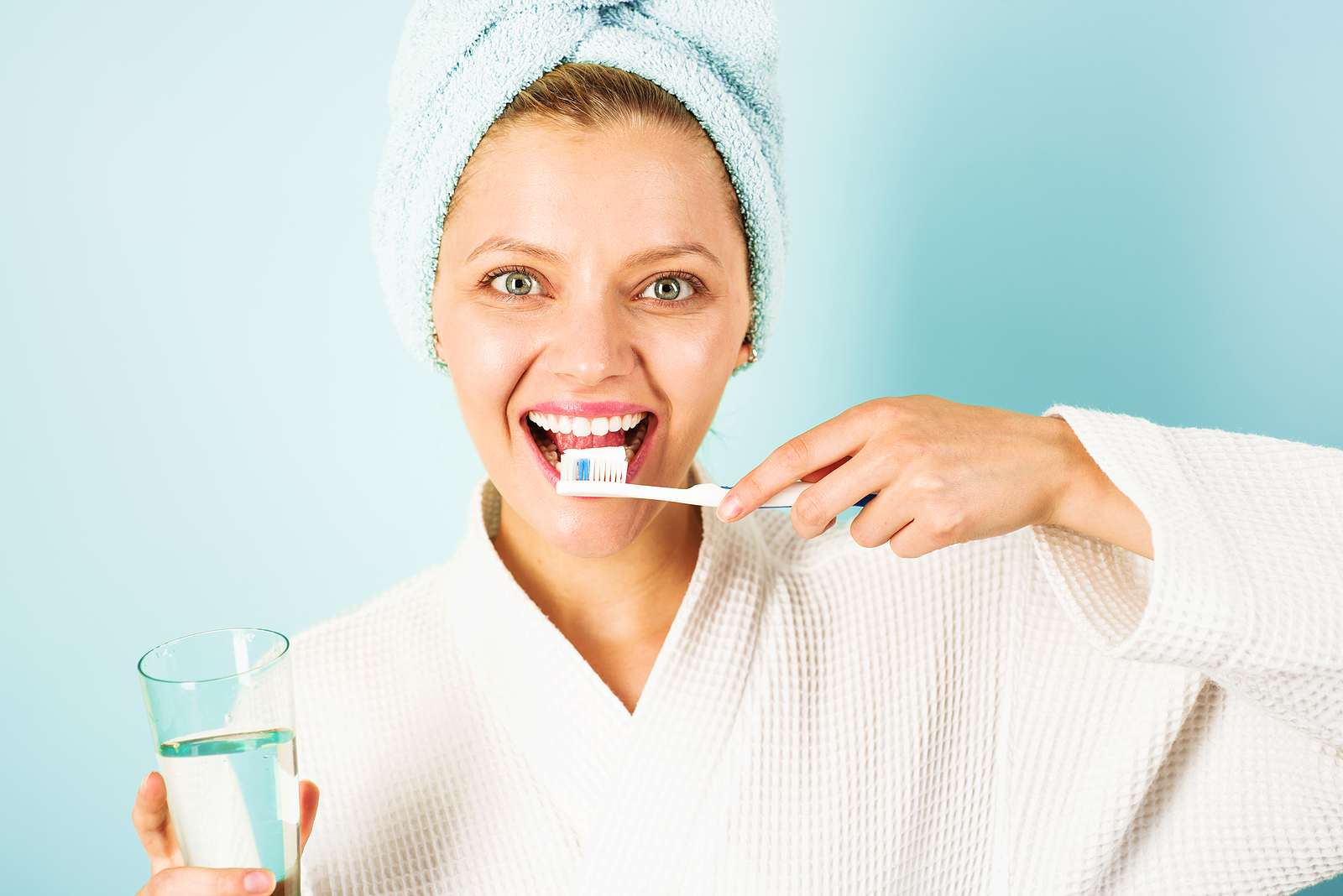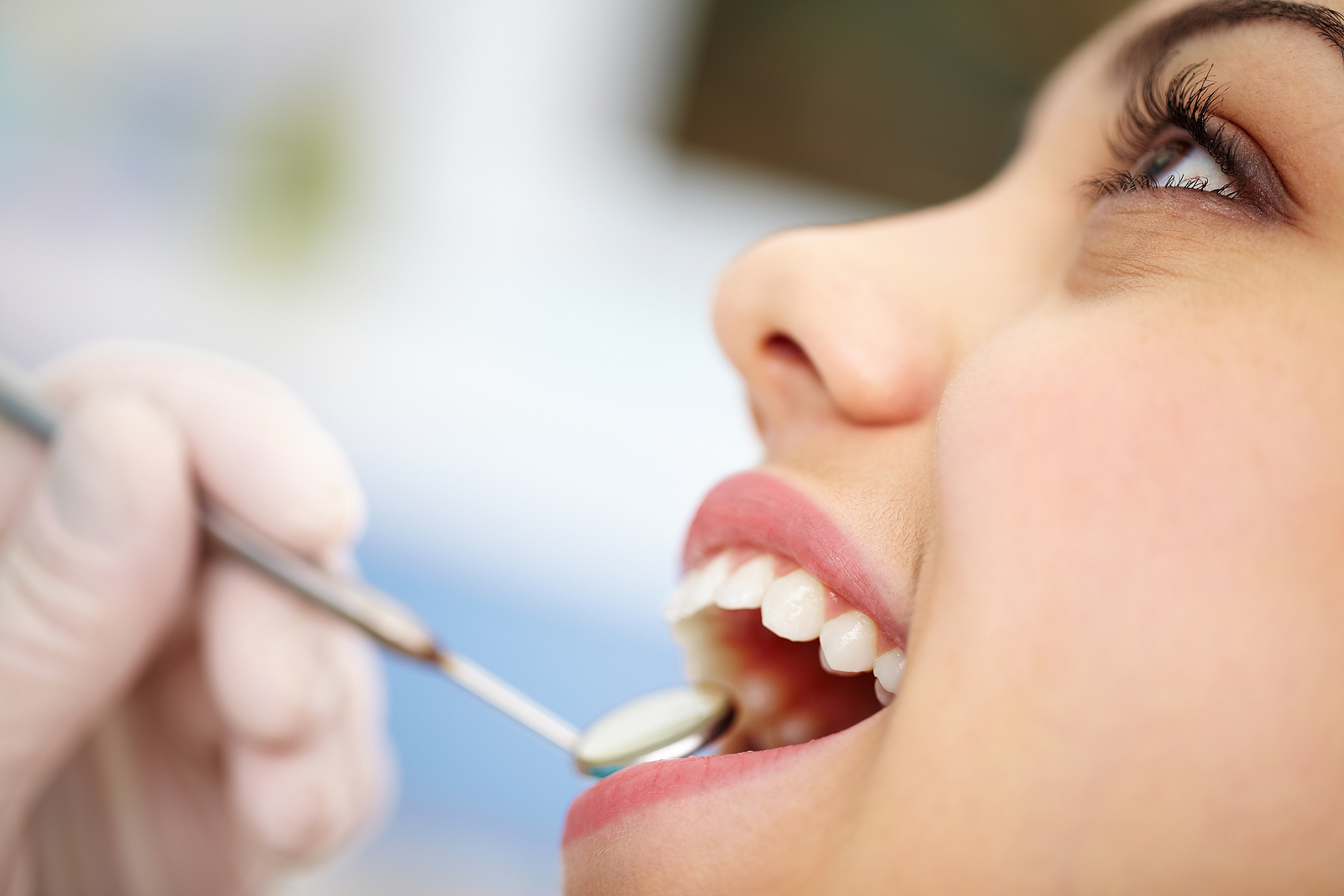Common Types of Dental Emergencies
Dental emergencies can occur at any time and without any warning. These emergencies can be painful and scary. But in most cases, they are not as dangerous as they seem. Here are the common dental emergencies:
Broken/Chipped Tooth
A broken or chipped tooth can happen when you least expect it, from a sports-related injury to biting down on a hard object. These teeth injuries can be quite painful and should be treated as soon as possible. If you chip your tooth, rinse your mouth with warm water and apply a cold compress to the area to reduce swelling. Some types of chips can be smoothed down using dental bonding material. For more serious breaks, a dentist in Boise, Idaho may need to place a crown over the tooth to restore its function and health.
Lost Filling
If you’ve lost or chipped your filling, your dentist in 83704 may be able to repair it. However, if your filling is very old and damaged, you may need to replace it entirely. Don’t delay treatment because missing teeth can cause teeth to shift out of alignment, leading to bite problems and headaches. Plus, leaving spaces in your mouth allows bacteria to build up, which may lead to cavities and other serious health issues. Contact our office to schedule an appointment as soon as possible so that we can replace your missing tooth enamel with a dental filling.
Knocked Out Tooth
When a tooth is knocked out, it is important to rinse it immediately with water to remove any dirt or debris from the tooth. If the tooth can be left in the mouth and the dentist can reattach it to the socket within an hour, there is a chance of saving the tooth with an emergency treatment like a root canal and a dental crown. However, if the knocked-out tooth cannot be saved, the options include replacing the tooth with a dental implant or a dental bridge.
A dental implant involves surgically placing a small titanium screw into the jawbone to replace the missing tooth root. Once the implant has fused with the bone, an artificial tooth is attached to the post. The crown will look natural and be fully functional, but it will require proper care, including regular brushing and flossing to prevent infection. If a dental implant is not an option due to bone density or other concerns, a dental bridge can be used to restore the smile after one or several teeth have been knocked out. The bridge uses crowns to anchor artificial teeth in place. Like an implant, proper oral hygiene is necessary to keep bridges in good condition, but they can be a cost-effective treatment if several teeth need to be replaced. Call us to learn more.
Abscess (Swelling)
An abscess is a painful infection in the bone or soft tissue of the mouth. The tooth may also become loose due to decay or gum disease. If you have a toothache, see your dentist right away. A severe abscess may even cause fever and illness. Your dentist can prescribe antibiotics to fight off infections that cause abscesses.
How To Prevent Dental Emergencies?
Preventing dental emergencies involves taking proactive steps to protect your teeth and gums from injury, infection, and other oral health problems. Here are some tips to help prevent dental emergencies:
- Practice Good Oral Hygiene: Brush your teeth twice a day with fluoride toothpaste and floss daily to remove plaque and bacteria from the teeth and gums. Good oral hygiene helps prevent tooth decay, gum disease, and other dental problems that can lead to emergencies.
- Use Protective Gear:Wear a mouthguard during sports and activities that pose a risk of dental injury, such as contact sports, martial arts, and recreational activities like skateboarding or biking. A custom-fitted mouthguard can help protect your teeth from fractures, knocked-out teeth, and soft tissue injuries.
- Avoid Chewing on Hard Objects:Refrain from chewing on hard objects such as ice, popcorn kernels, pens, pencils, or fingernails, as this can chip, crack, or fracture your teeth. Using your teeth as tools for opening packages or tearing tape can also lead to dental emergencies.
- Be Cautious with Sticky Foods:Limit consumption of sticky or chewy foods such as caramel, taffy, or gummy candies, as they can adhere to the teeth and dental work, increasing the risk of dental emergencies and damaging dental restorations.
- Maintain Regular Dental Checkups:Schedule routine dental checkups and cleanings every six months or as recommended by your dentist. Regular dental visits allow your dentist to detect and address dental issues early, reducing the likelihood of dental emergencies and preventing complications.
- Address Dental Problems Promptly:Don't ignore dental issues such as tooth pain, sensitivity, bleeding gums, or oral infections. Seek prompt treatment from your dentist if you experience any signs or symptoms of dental problems to prevent them from worsening and leading to emergencies.
- Avoid Tobacco Use:Smoking or using tobacco products increases the risk of gum disease, oral cancer, and other dental problems that can result in dental emergencies. Quitting tobacco use is essential for improving oral health and reducing the risk of dental emergencies.
- Limit Sugary and Acidic Foods:Reduce consumption of sugary snacks and beverages, as well as acidic foods and drinks that can contribute to tooth decay, erosion, and other dental issues. Opt for healthier snack options and drink plenty of water to rinse away food particles and acids.
- Stay Hydrated: Drink plenty of water throughout the day to maintain saliva flow and keep the mouth moist. Adequate hydration helps wash away food particles, neutralize acids, and prevent dry mouth, which can increase the risk of tooth decay and oral infections.
By following these preventive measures and practicing good oral hygiene habits, you can reduce the risk of dental emergencies and maintain optimal oral health for a lifetime. If a dental emergency does occur, contact our dentist as soon as possible for prompt evaluation and treatment.
To find out more about the dental services offered at Ustick Dental Office, call (208) 375-8720 or schedule an online consultation. You can also visit the dentist in Boise, ID, at 9733, W Ustick Rd, Boise, ID 83704.












0 comments